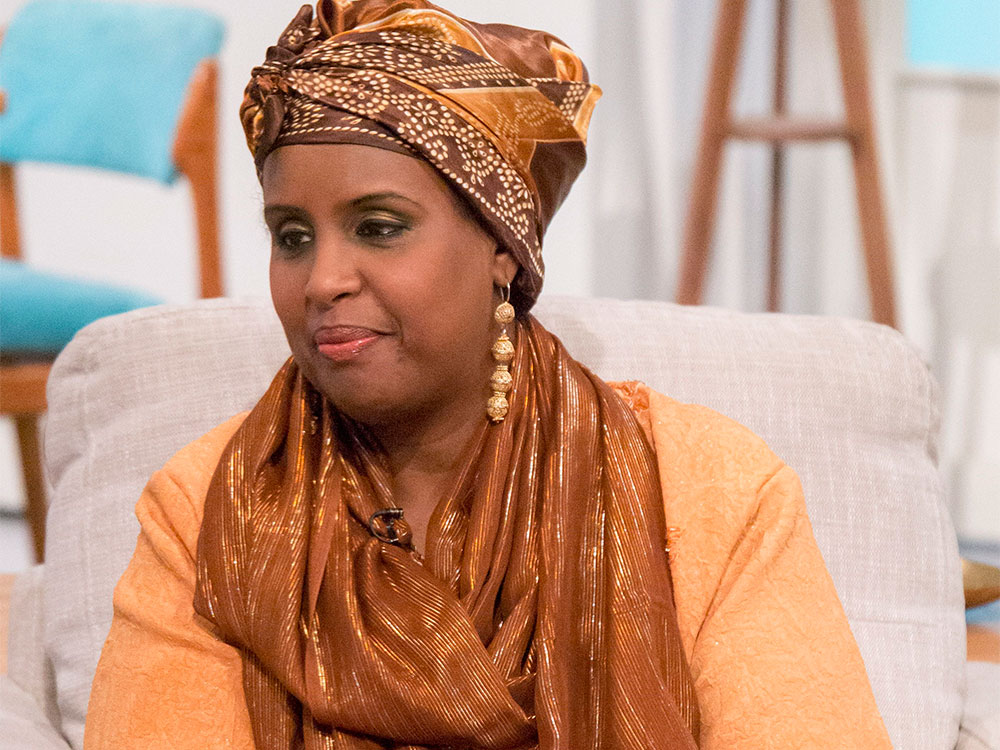This woman bravely explains what it’s like to undergo FGM
Hibo Wardere is making it her life’s work to campaign against FGM

Hibo Wardere is making it her life’s work to campaign against FGM
While to people the UK, female genital mutilation (FGM) is abhorrent, for 200 million women across the world the torturous procedure is very much a reality, according to a Unicef report.
The practice is prevalent in Africa, the Middle East and Asia, and is usually carried out on girls from when they are babies to 15, most commonly before the onset of puberty.
Both the short and long term effects of FGM can be extremely dangerous, painful and traumatising, and in some cases lead to death, and now campaigner Hibo Wardere is has spoken up about the realities of living with FGM.
Hibo Wardere was born in Somalia where 98% of women have been effected by the procedure, and is herself a victim of Type 3.
Speaking on Woman’s Hour, the author of One Woman’s Fight Against FGM in Britain Today, revealed what young women and girls go through after the procedure, and how even things as simple as going to the toilet are effected.
‘You realise your wee isn’t coming out the way it used to come. It’s coming out as droplets, and every drop was worse than the one before. This takes four or five minutes – and in that four or five minutes you’re experiencing horrific pain.’
Celebrity news, beauty, fashion advice, and fascinating features, delivered straight to your inbox!
When she arrived in Britain aged 18, Hibo went to her GP who referred her to a specialist who could perform a procedure called defibulaiton in which the labia is opened surgically. However, despite life becoming slightly easier, sex can still be incredibly difficult.
‘Even if the doctor has opened you up, what they’ve left you with is a very tiny space,’ she explains.
‘Things that were supposed to be expanding have gone. So the hole that you have is very small and sex is very difficult. You do get pleasures - but it's once in a blue moon.’
And while physical pain is one thing, psychological pain is also something that victims have to deal with.
‘First you have a psychological block because the only thing you associate with that part of you is pain,’ says Hibo.
‘The other part is the trauma you experienced. So anything that’s happening down there, you never see it as a good thing.’
While more is being done to raise awareness on the issue and the practice being illegal in the UK for over 30 years, more than 1,700 FGM victims have been referred to specialist clinics in the past two years, and no one has been brought to prosecution.
The leading destination for fashion, beauty, shopping and finger-on-the-pulse views on the latest issues. Marie Claire's travel content helps you delight in discovering new destinations around the globe, offering a unique – and sometimes unchartered – travel experience. From new hotel openings to the destinations tipped to take over our travel calendars, this iconic name has it covered.